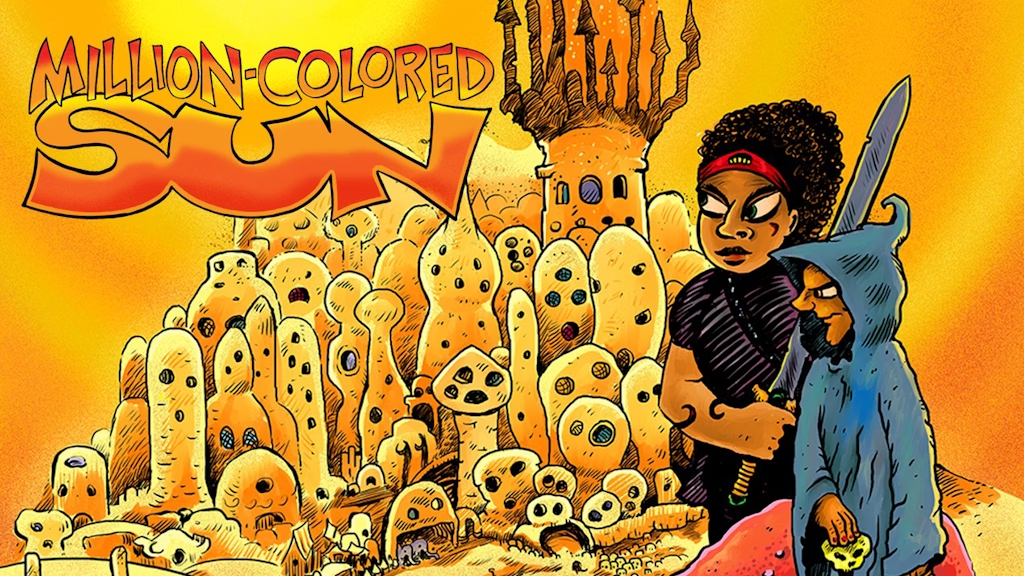We may earn money or products from the companies mentioned in this post.
REVERB GAMERS 2012, #3: What kind of gamer are you? Rules Lawyer, Munchkin/Power Gamer, Lurker, Storyteller/Method Actor, or something else? (Search “types of gamer” for more ideas!) How does this affect the kinds of games you play? For example, maybe you prefer crunchy rules-heavy systems to more theatrical rules-light ones. (Courtesy of Atlas Games. Visit them at www.atlas-games.com)
My favorite aspect of role-playing is telling a good story, so I broadly fall into the “storyteller” camp, but from what I understand* most people use “storyteller” to describe someone who’s main concern is the plot of the game. To me, though, a good story means an interesting setting, well-developed characters who do cool things, and a plot that allows the characters to interact with the setting in an entertaining way. So in gaming terminology, my style is probably equal parts role-player, storyteller, and world builder. Even if I’m just playing a game, I usually fill the storytelling/world building urges by providing the GM (or introducing on my own, if I get the chance) plenty of plot hooks, supporting characters, and character-driven subplots to integrate my character with the setting and story as much as possible.
I should probably note that even though my main interest in story, I’m not one of those people who thinks that a good story has to be some kind of high art. I’m just as happy (maybe even happier) playing a game about drunken fratboys fighting zombies as I am playing a dark horror game full of atmosphere, literary allusions, and thematic content–especially since the latter tend to also include a healthy dose of pretentiousness and bad acting (and are rarely as clever as they want to be). My tendency is usually to start with a simple idea that sounds like fun and let the fancy stuff develop naturally (or not) as the game goes on.
At least one of our writers has referred to me as “the rules guy (or at least the closest thing there is to a QAGS ‘rules guy’),” and it’s true that I enjoy playing around with game mechanics from time to time and can appreciate elegant game design when I see it. When it comes to actually playing a game, though, I don’t want to think about the rules–the more transparent, the better. That’s why in a lot of games (especially Qerth), I have a tendency to completely ignore the rules I’m supposed to be using (and in many cases, rules I myself wrote) in favor of quick-and-dirty rolls that keep the mechanics in the background. The only time I’ll reference charts and tables or bring in specific sub-systems or detailed rules is when there’s a chance they’ll actually make the game more fun by heightening the tension or something. The way I look at it, everybody knows how the story’s going to end, so as long as the players and GM trust one another, the rules are really just there to add a little excitement anyway. That can be done just as easily with a random die roll as with a complicated rules set.
*And I could be wrong. I usually run away screaming when people start trying to come up with taxonomies of play style.





